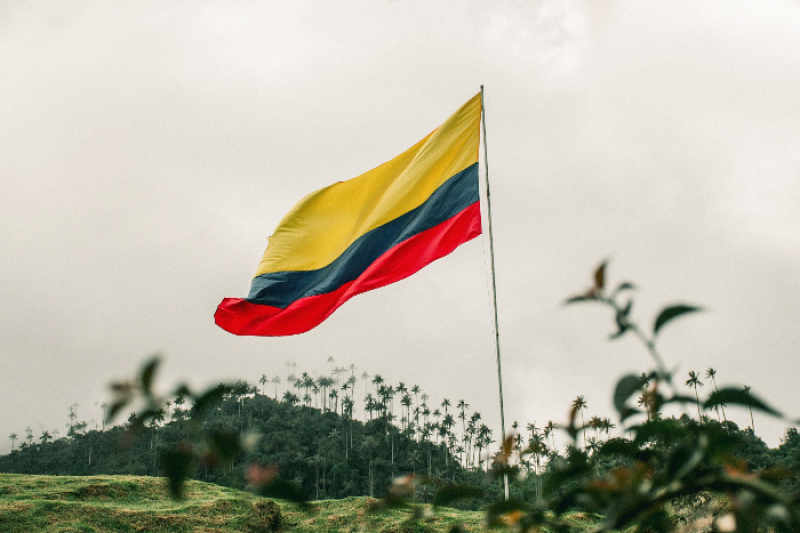
Colombian authorities announced on Tuesday the discovery of a mass grave in a rural area of Calamar municipality, Guaviare department. The victims, residents of Arauca, were engaged in humanitarian and spiritual work in that region when they mysteriously disappeared.
According to initial reports from the prosecutor's office, these leaders were summoned in April by FARC dissidents, specifically by the Armando Ríos Front under orders from alias Iván Mordisco.
It is believed that the crime was an effort to prevent the emergence of an ELN cell, although there is no evidence linking the victims to the guerrilla group.
The victims identified are James Caicedo, Óscar García, Máryuri Hernández, Maribel Silva, Isaid Gómez, Carlos Valero, Nixon Peñaloza, and Jesús Valero. All of them are members of the Evangelical councils Alianza de Colombia and Cuadrangular.
The investigation was enabled by the capture of a guerrilla in May, whose mobile phone contained photographs of the detained leaders and images of the crime, which led to the location and exhumation of the grave.
In response to this atrocity, the Evangelical Confederation of Colombia (CEDECOL) issued a statement condemning the crime and expressing solidarity with the families and Christian communities mourning the loss. Colombian President Gustavo Petro condemned the killings, calling them a “serious violation of human rights,” and urged for increased government presence and security in regions affected by conflict.
A daughter of one of the victims told SEMANA, “the call we make to the Petro government is to be present and to avoid this type of situation, because two armed groups are disputing the territory and the one that is in the middle is the peasantry and there is no response from the State. There is no protection from the State. In other words, here we are really alone in a war between two armed groups,’ he explained.”
Meanwhile, international organizations such as the Office of the United Nations High Commissioner for Human Rights (OHCHR) expressed concern that crimes like these “silence essential voices” and worsen the humanitarian crisis in rural areas. The situation of public order remains highly unstable, with threats from dissident groups extending even to local government officials.
According to data from the Institute of Studies for Development and Peace (Indepaz), this case is considered the largest massacre in Colombia for 2025, with over 30 cases of multiple homicides recorded in rural areas, especially in regions plagued by territorial disputes between FARC and ELN dissidents.



















